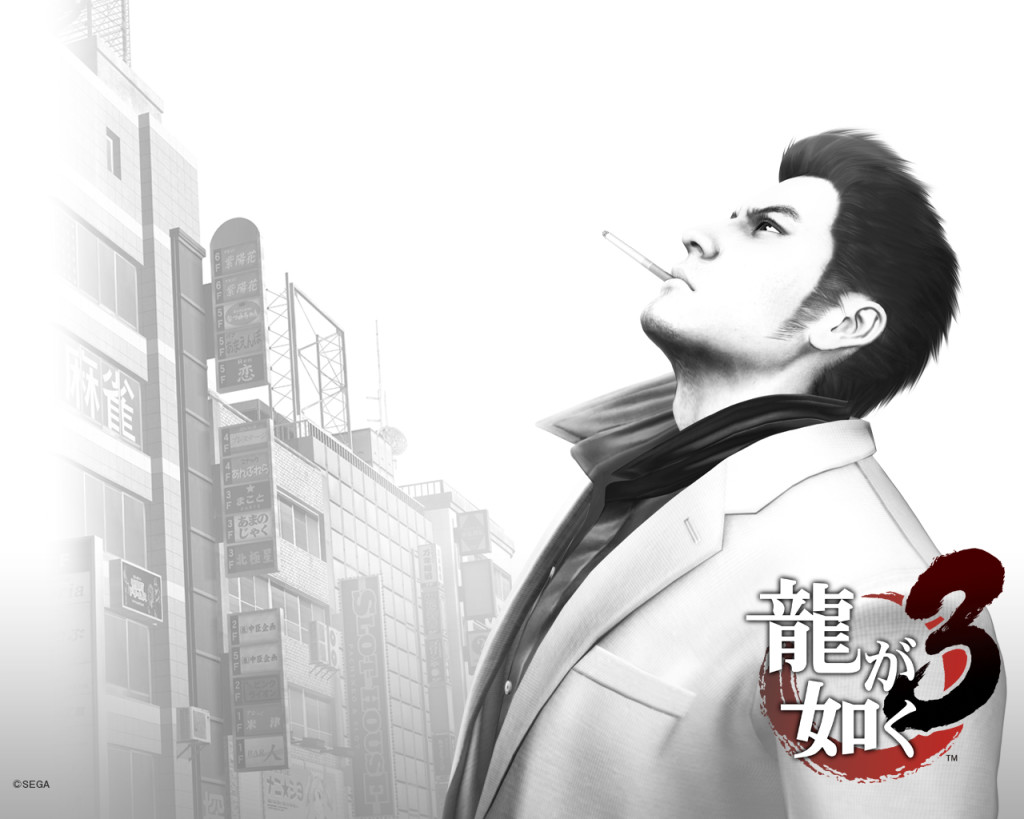Last updated on December 19, 2013
 Bunny Must Die: Chelsea and the 7 Devils – Saying that this is one of the strangest games that I’ve ever played would probably constitutes an understatement. I would say that I played a wide variety of strange games, but I took a liking to this rather old cult classic immediately.
Bunny Must Die: Chelsea and the 7 Devils – Saying that this is one of the strangest games that I’ve ever played would probably constitutes an understatement. I would say that I played a wide variety of strange games, but I took a liking to this rather old cult classic immediately.
In short: think “Metroidvania” (not a term I particularly like, even if the term itself describes rather well). Bunny Must Die follows that traditional format of an open map with various abilities gating your progress and abilities throughout. Unlike a traditional Metroid or Castlevania experience, though, you never feel like your additional skills make you more powerful; in most cases, they simply provide you with further options to traverse the levels and dodge attacks.
Most platforming in the game requires plenty of both, as the vertical layouts intend to frustrate you with that perfectly devious combination of enemy placement and stage design. Bunny’s jump arc and height varies on whether you press a direction while jump or not, which goes against every Mario or Sonic-based instinct ever formed by my muscle memory, and this will lead to many, many falls. Although advanced techniques exist (many exquisitely nuanced and hidden within the game mechanics for those who experiment), it will require some doing to actually figure them out. Add a parrying mechanic, which requires pressing a directional button at the exact moment you will get hit, and you’ll find almost too many ways to kill and move quickly (the speedruns on Youtube will attest to that!).
Weapons remain limited to a standard assortment from a traditional projectile to a ball-and-chain to a melee range sword. Each brings its own strengths and weaknesses, as well as abuses. Such abuses come into full play with the time manipulation mechanic that Bunny uses exquisitely well (and, I might say, with a far better and less pretentious implementation than Braid two years before it came out). Many puzzles and rooms require using time in interesting ways, from stopping gates from moving to rewinding time in order to pass straight through boss fights. Some of your attacks benefit from these abilities; for example, using the Sylph Blade while time stops will generate multiple blades that will fly out when time resumes.
The game never tells any of this to you, yet a little work and a little combination of abilities leads to some strange results. Many hidden items require quite a keen mind to find, and discovering them provides that same warm and fuzzy “eureka!” feeling of a good Metroid experience when your brain works with you, and not for you.
You rarely see a game in this strange subgenre with that sort of depth and skill requirement that you cannot just surpass through new equipment or experience points. In that sense, Bunny Must Die provides a breath of fresh air to a stagnant style (what’s the last true Metroid-style game, other than Metroid that you’ve played?). But I must warn you: this game will crush you until you learn it.
Yakuza 3 – Where did all of Sega’s arcade classics go? And why didn’t they make another Shenmue game? Wonder no more, apparently, because Yakuza (known as Ryū ga Gotoku, or “Like a Dragon” in Japan) contains all of these things and more. Also, why have I not heard more about these games? I picked this up on a whim a year ago or so, and I finally got around to this dead (in the West, anyway) series. I almost feel bad that I haven’t played it before and didn’t buy these when they were new!
Honestly, I’ve been playing the game for five hours, and my inability to peg its genre down disturbs me a bit. While I could just call it a JRPG and go home, it only represents that idea in the vaguest of senses. It’s a cinematic cutscene-heavy game in the vein of David Cage or Square-Enix, sure, but it also contains a Final Fight-esque battle system of hand-to-hand combat. Heck, Yakuza even forces you into random encounters as you wander the streets, which gives you experience points to level up, get money, and buy equipment. It’s also loaded with an assortment of dialogue boxes, side-quests ranging from fighting people to doing assorted routine tasks, fully developed golf simulators, and almost too many things to do. Why am I playing pool or doing karaoke? Who cares?
Rarely do open world game provide delight as taken as an experience in itself. Companies spend millions of dollars crafting these open worlds, specialized physics, and then literally offering you nothing to do in them. And yet, I find Yakuza’s strange world much more compelling right from the start. It localizes things in a small area, meaning they can jam many, many more activities into the game. If you don’t want to progress in the story, feel free to just wander around wherever you are and do thing. Most every side-task funnels into the main game whether via experience points or money, so there’s never a reason not to enjoy the world. Heck, I went and had a Macallan 12-Year at one of the classy bars, and that somehow gave me experience points; not many game would give you that!
Nothing in the game feels half-baked. There’s no mediocre shooting or driving, just an incredibly solid and great feeling fight system. For such a sprawling effort, you would really expect something to break under the strain. The only thing that could really hamper your enjoyment comes down to the rather length cutscenes and whether or not crime drama appeals to you in any way, especially in the general Asian sense. My knowledge of Japanese yakuza tropes, of course, remains in vast ignorance, so there’s absolutely zero impediment to my enjoyment here.
Unfortunately, it seems localization efforts died after a lack of sales here in the West. We all ask for quirky game like this from major companies, ones willing to take risks that we can’t easily peg, and then we don’t buy them when they release. Truly a shame.

